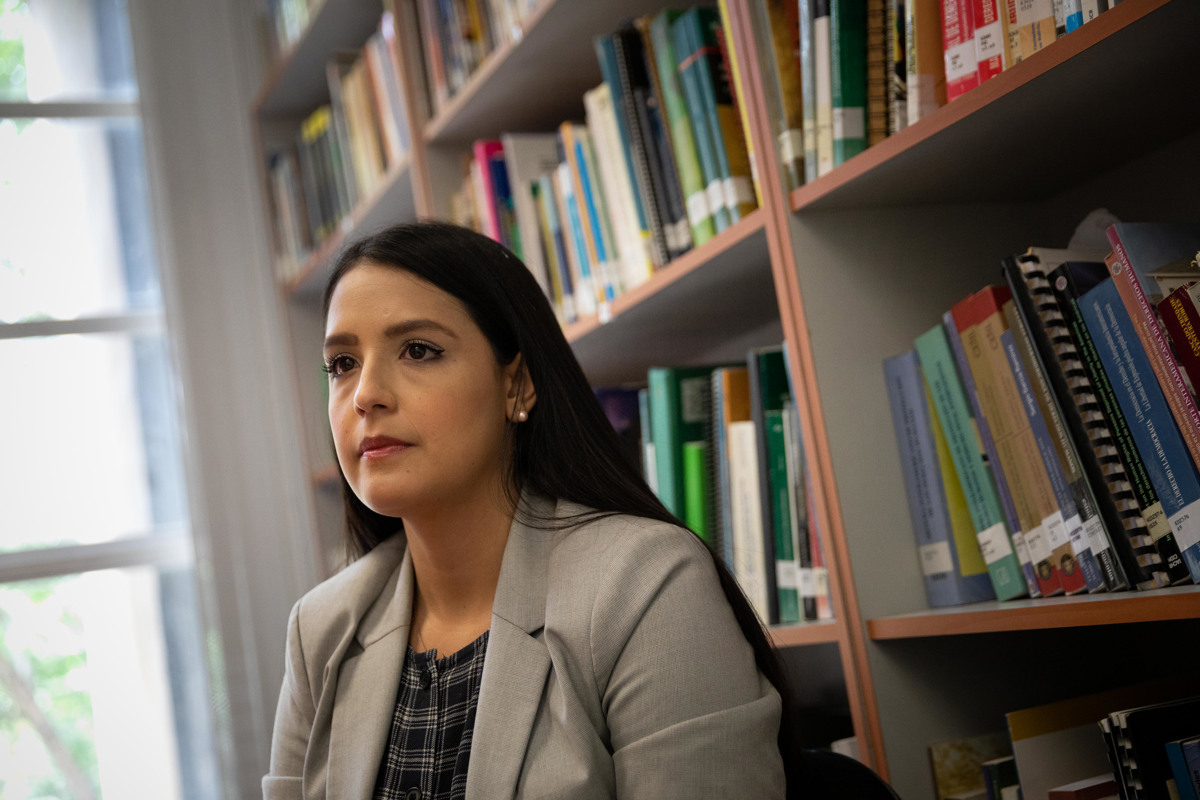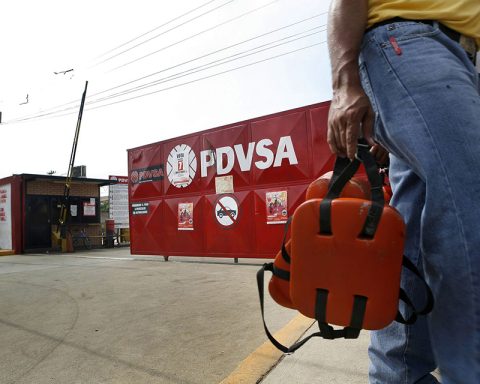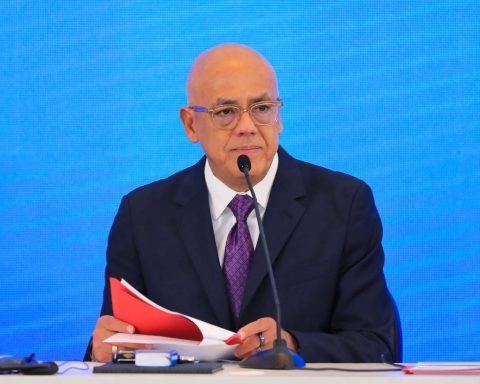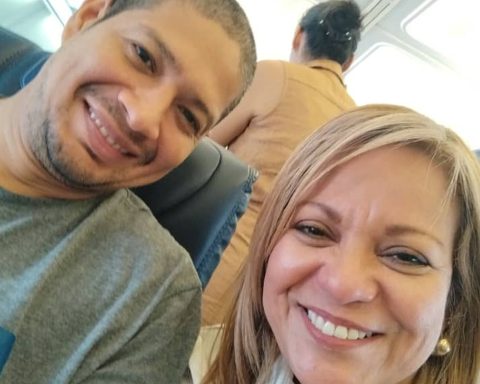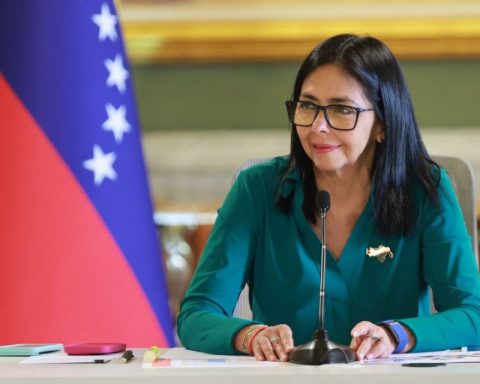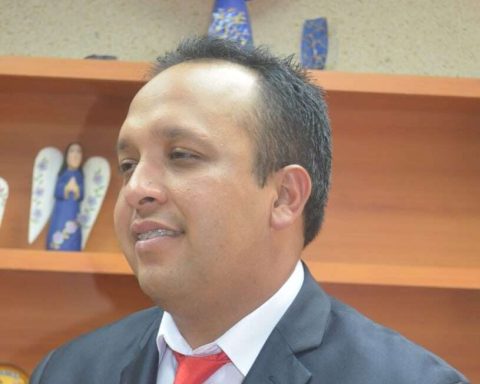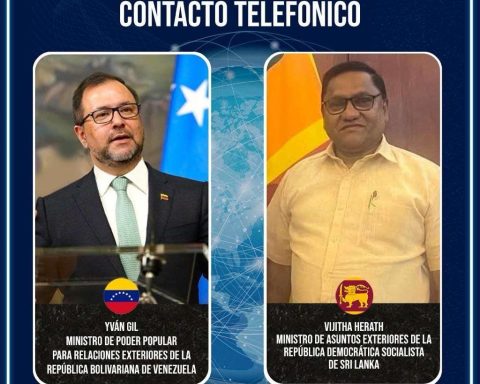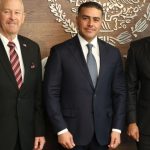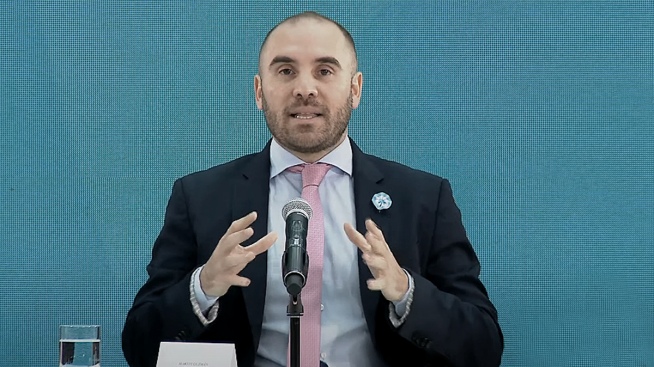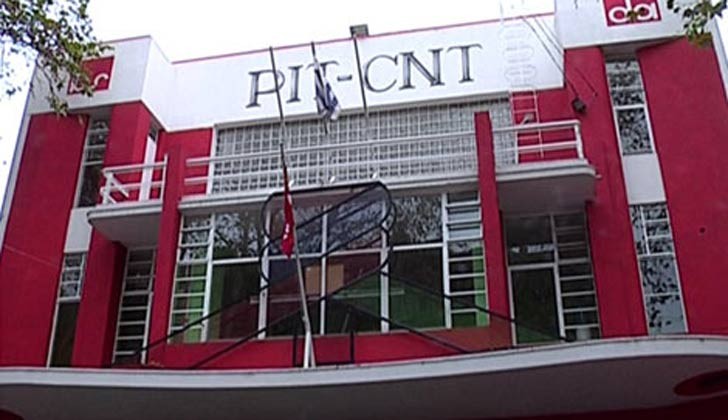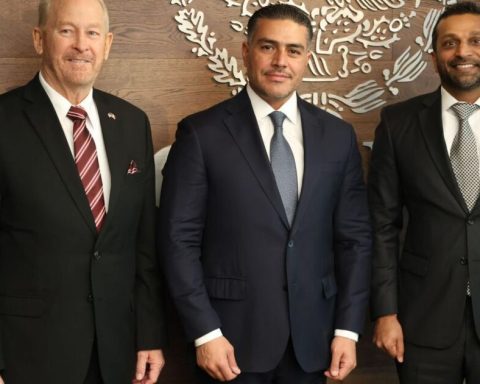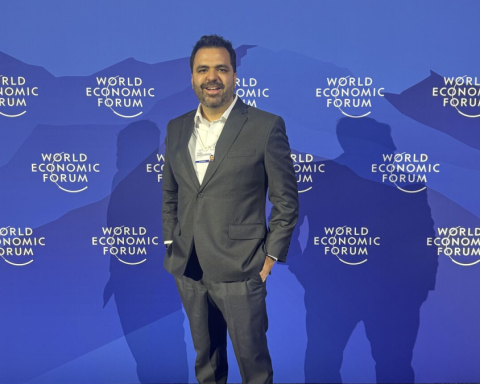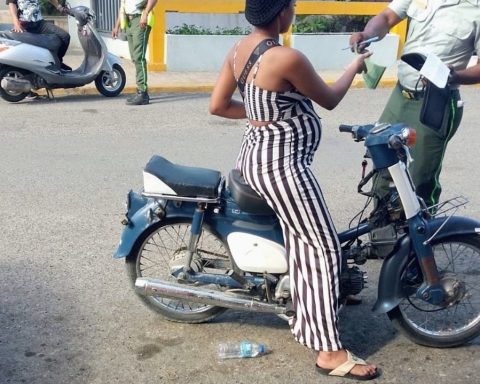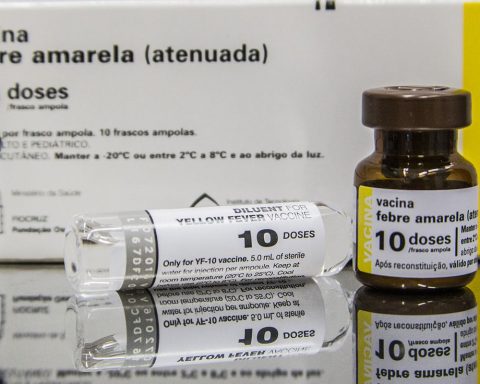The lawsuit filed by the governor of Carabobo state, the Chavista rafael lacavaagainst two activists who requested an investigation into their indirect responsibility in extrajudicial executions represents, according to various NGOs in Venezuela, a progressive siege of human rights entities.
On May 17, Marino Alvarado and Alfredo Infante received notification of the defamation lawsuit from Lacava, who considered that the activists’ request was an attack on his honor.
According to the Venezuelan Penal Code, defamation is “a crime consisting of accusing a specific act that attacks the honor or consideration of a person” and will be committed by someone who “has accused an individual of a specific act capable of exposing him to contempt or public hate.”
However, Alvarado and Infante did not accuse Lacava of any specific act, but merely requested an investigation to find out if the crime had been committed or not.
Alvarado, legal coordinator of the NGO provideindicated at a press conference on May 19 that the demand is part of the “siege that has been progressively being placed on civil society organizations” that accompany popular sectors in their demands for human rights.
The lawsuit, Provea explained, takes place after both activists participated in the presentation of the Lupa por la Vida report on March 14, during which it was asserted that “the Carabobo State Police is one of the deadliest in Venezuela, with 221 victims of extrajudicial executions. Governor Rafael Lacava should be investigated.”
“I want to give Governor Lacava a message (…) our report is not against any governor, it is not part of a campaign to discredit absolutely anyone, it is a report to make visible the serious problem of extrajudicial executions in the country,” Alvarado added.
The report noted that in 2021 there were 1,414 alleged extrajudicial executions in Venezuela, a decrease of almost 60% compared to 2020 when there were 3,034.
aggressions on the rise
The director of the NGO Center for Defenders and Justice, Marianna Romero, explained to Efe that in the last three years there has been an increase in attacks against human rights activists and humanitarian organizations.
“In 2019, we registered 135 attacks; this figure doubled in 2020 with 303 and in 2021 the Center for Defenders and Justice registered an increase of 145% with 743 attacks, and between January and April (2022) we have already exceeded another 100, “he said.
Romero argued that the use of criminal law is resumed to “criminalize, persecute” under the logic of the “enemy” where “any person who is promoting, documenting, demanding human rights outside the interests of the State is a traitor, is an enemy” .
This situation, in his opinion, has led to the limitation of the work of the organizations, where the main victims are the victims, who, “in the absence of a response from the State, it is the organizations that accompany them and if the organizations are affected in this accompaniment, they leave them in a situation of greater vulnerability».
The activist recalled that in 2020 there were several raids against the headquarters of the NGOs Prepara Familia, Acción Solidaria, Alimenta la Solidaridad or Convite, and in 2021, judicialization increased with the case of the director of Fundaredes, Javier Tarazona, who has been detained since last July 2.
international concern
On March 17, the UN High Commissioner for Human Rights, Michelle Bachelet, warned of the persistence of harassment of activists in the country.
In her updated report, Bachelet denounced 93 attacks on civic and democratic space since last September, including 24 cases of criminalization and threats against civil society activists, journalists, and other elements.
Likewise, AI, the Penal Forum and the Center for Defenders and Justice revealed in a report from last February that, between January 2019 and June 2021, the public media have used spaces to “attack, expose and harass people who are perceived as critics of the government of Nicolás Maduro”, mostly activists.
In addition, some 500 NGOs, Venezuelan and international, signed a statement in which they warn and reject the draft International Cooperation Law, which the Venezuelan Parliament, with a Chavista majority, seeks to approve.
The project seeks, according to the organizations, to create a “new sanctioning system” with the “power to ‘prohibit, suspend, restrict or definitively eliminate’ any association that, at the discretion of the Executive, is considered to promote or participate directly or indirectly in activities contrary to the interests of the government,” they added.
